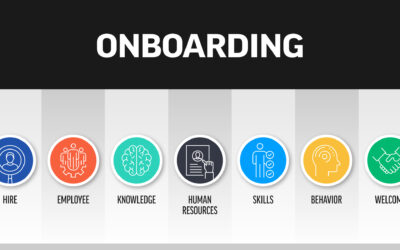Agents face opportunities and minefields in equal measure from the artificial intelligence revolution. No one questions that AI-powered tools can slash the time to perform many agency tasks, but hidden dangers and costs lie just beneath the surface. Two of the biggest dangers are policyholder trust and data security.
The first indication of consumer nervousness over data security came in 2019 in a major study from the Pew Research Center. The study showed that four out of five U.S. consumers believed that the risks of sharing their personal data with businesses now outweighed the benefits. In the same study, Pew also reported that 52% declined to use a product or service due to concerns about how much personal information would be collected.
Since 2019, other studies have confirmed growing consumer fears over the data breaches of businesses. The global professional services firm Deloitte conducted studies in 2021 and 2023 and found that trust in online services to protect personal data dropped 11% to a low of 38% last year. The study also reported that in 2023, only 34% of consumers said companies were clear in explaining how they protect the personal data they collect.
Despite this growing consumer distrust, many businesses—including insurance agencies—have been slow to address data security in the form of cybercrime.
“Too many businesses are taking an almost a ho-hum approach to data security,” says Karen Murphy, a commercial-lines agent for USI Insurance Services. “Breaches occur so often now that it can seem routine when it is not, of course. If a business has never had a breach or does not know someone who has had one, they may convince themselves that it will not happen to them.”
Insurance agencies now have a target on their backs. The first coordinated, nationwide attack aimed at insurance agents was launched last year. The attack consisted of bogus emails sent from legitimate email boxes for the apparent purpose of capturing policyholder personal data, which would then be used in future attacks.
Cybercriminals also are weaponizing AI tools to launch attacks in far greater numbers and which are more difficult to spot even with the most trained eye. Security protections considered adequate two years ago are now vulnerable. Basic firewalls now have limited value and multifactor authentication can be bypassed.
Cybercriminals never stop developing more effective tools and attack strategies, so it is critical for agents and their agencies to stay two steps ahead. Two critical steps agents should take are 1. a comprehensive risk assessment (both supply-chain and internal) to understand their risks in detail; and 2. make certain their IT provider is fully certified in cybersecurity.
Education opportunity
To learn more about this topic, attend Tom’s webinar: Artificial Intelligence and Agents–Panic or Promise?, which will be offered by PIA Northeast on Friday, April 12, 2024, from 10-11 a.m. The class has been approved for continuing-education credits in New Jersey (1 GEN) and New York (1 BR, C1, C3, LA, LB, LSB, PA, PC, TIA). It has been submitted for CE credits in Connecticut.

Tom Wetzel
Tom Wetzel, a longtime industry veteran, has helped hundreds of agencies navigate the digital marketplace. His latest centers of attention are artificial intelligence and cybercrime, and the steps agencies must take to protect both themselves and their clients.






